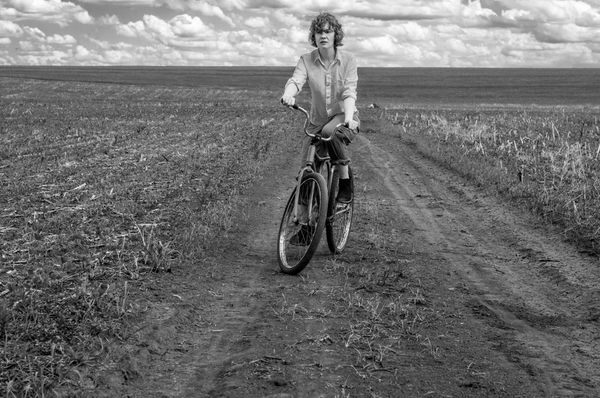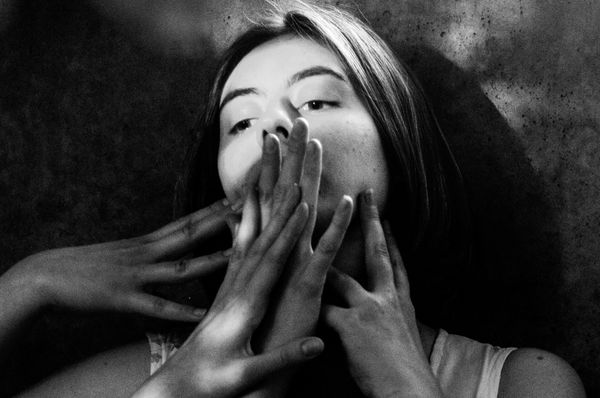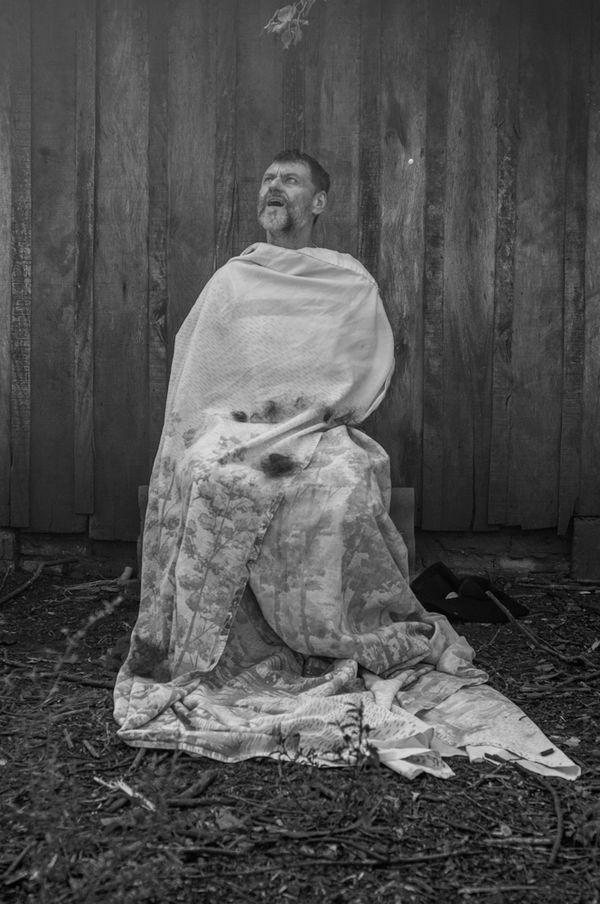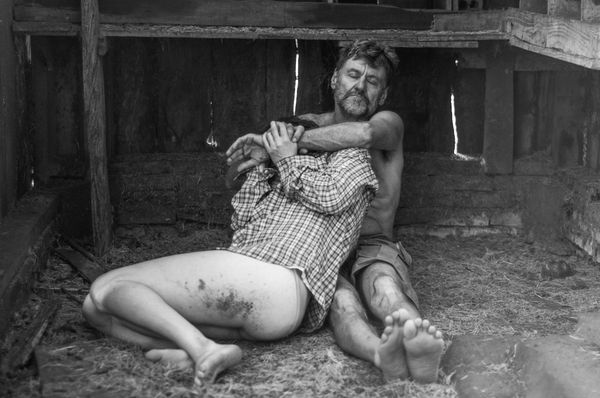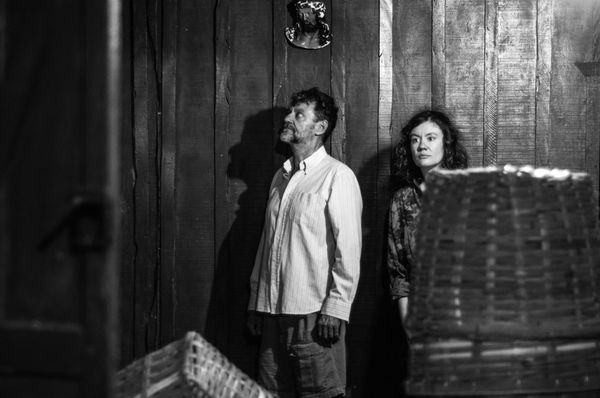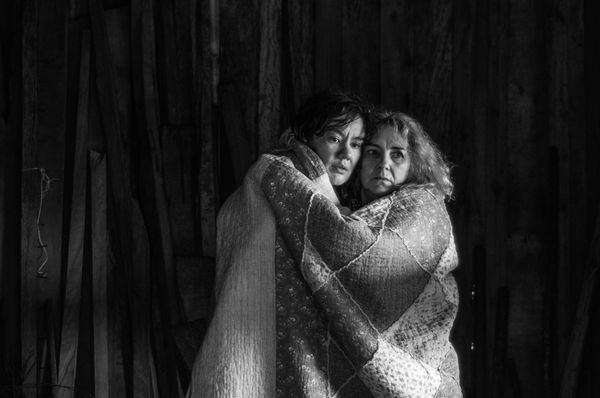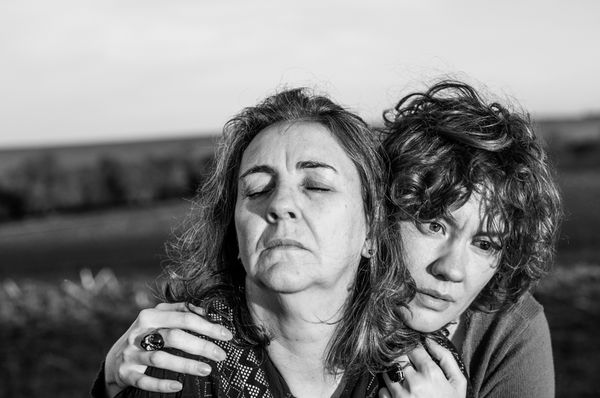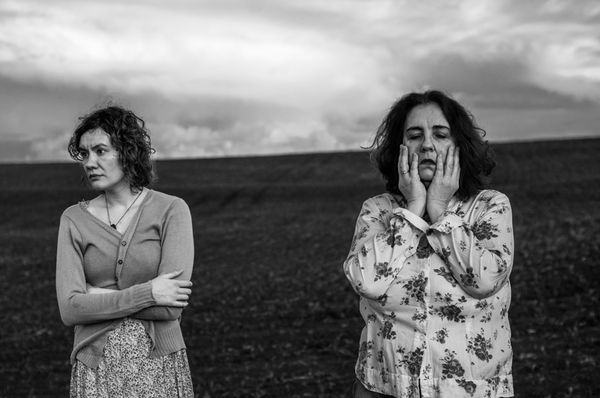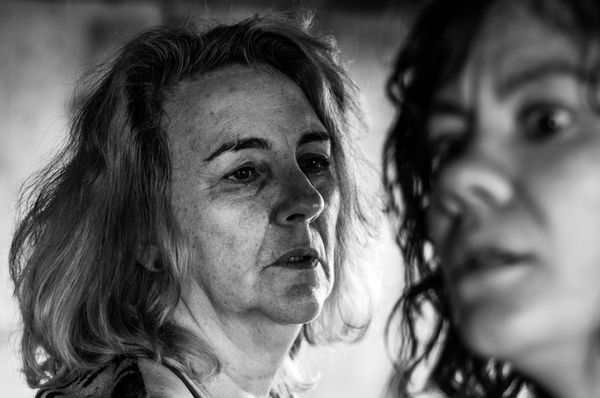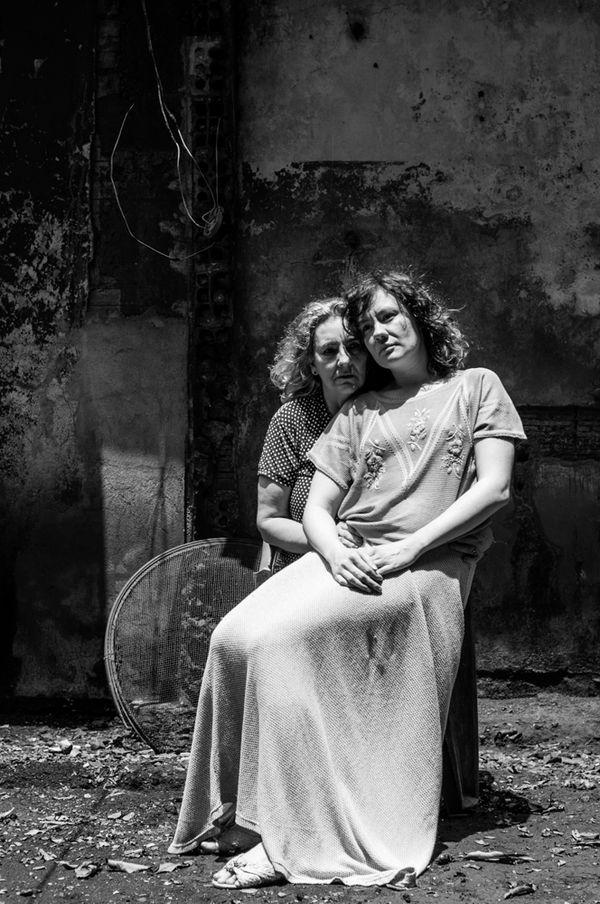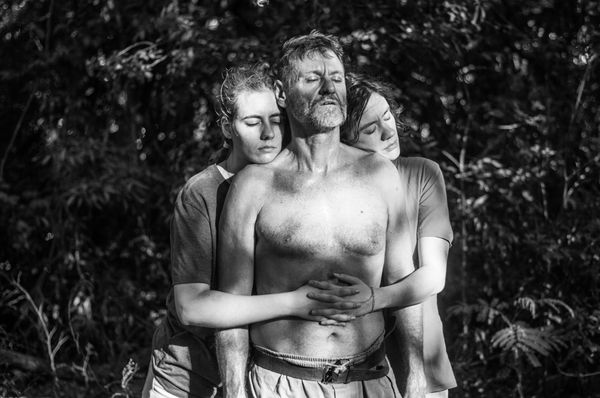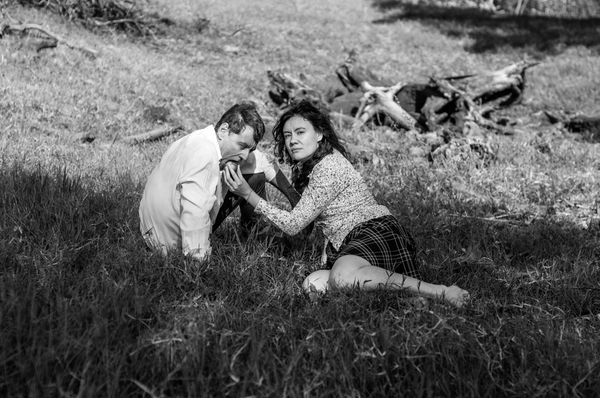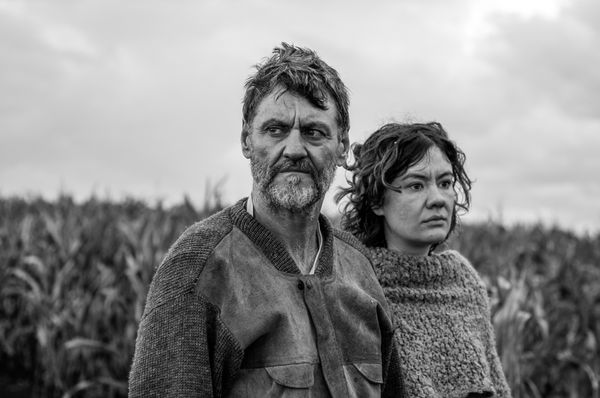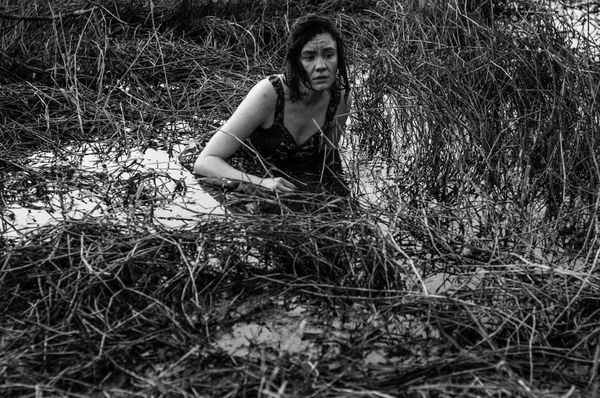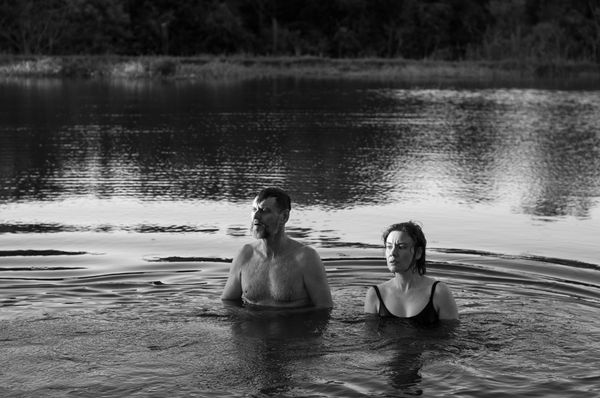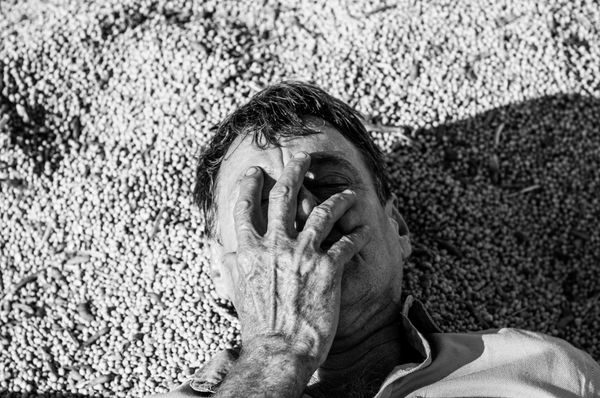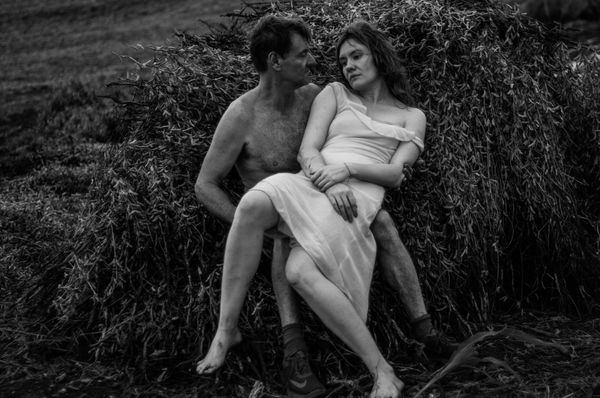In the name of the mother and the father
-
Dates2020 - Ongoing
-
Author
- Location Paraná, Brazil
Growing up I felt an emptiness caused by my incapacity to understand myself. I was diagnosed with autism when I was 18 years old. To this day it is still difficult for me to approach this subject because I don’t want to be looked at as someone who is part of a spectrum or listen to quotes like “but you don’t look autistic”, “you know how to express yourself”. I even feel ashamed just imagining people reading
this text. Furthermore, I am tired of going through behavior manuals: rehearsing exhaustively in my head: how should I behave, dress and make my body belong.
I am aware there are many others like me, several of those who never received the diagnosis. The Center for Disease Control and Prevention (CDC) of the United States Department of Health and Human Services, which is considered a reference in Brazil, has pointed out in a report published in 2020: women represent one in four people diagnosed with Autistic Spectrum Disorder (ASD). But new studies
show that spectrum carriers often go unnoticed because the assessment criteria are based on the male behavioral stereotype. We represent a screaming silence: ready to conform to rules in exchange for acceptance. We’ve learned how to camouflage ourselves.
It’s within the family, listening to teachings of the past, brought to me by my mother and my father, that I learnt how to behave. And I felt the chasm between two universes: the one considered real by society and my private world of mental images / words. From the tension and strangeness resulting from this clash, I get swallowed into stories that take me off to a rural imaginary from southern
Brazil, from the very fictional reality, descending into my own micro-worlds. Like a coiled network chain.
After ten years after the ASD diagnosis and I am still trying to put my mental confusion in order: in the borders of photography, literature, theatricality and documentation I put in self portraits and textual images the strangeness of my relationships with myself and my parents, it seems like I’m creating a map of two worlds longing to touch each other.
**
The anguish before the government’s neglect in the midst of the health crisis, of Covid-19, in Brazil, with its more than 650 thousand dead, changed my perspective about photography. If they choose the bodies that should or shouldn’t live, if we are isolated, I understand that we need to narrate ourselves. Resist. Not allow urselves to be erased. In each micro story there are infinite others that have not had the chance to express themselves.



